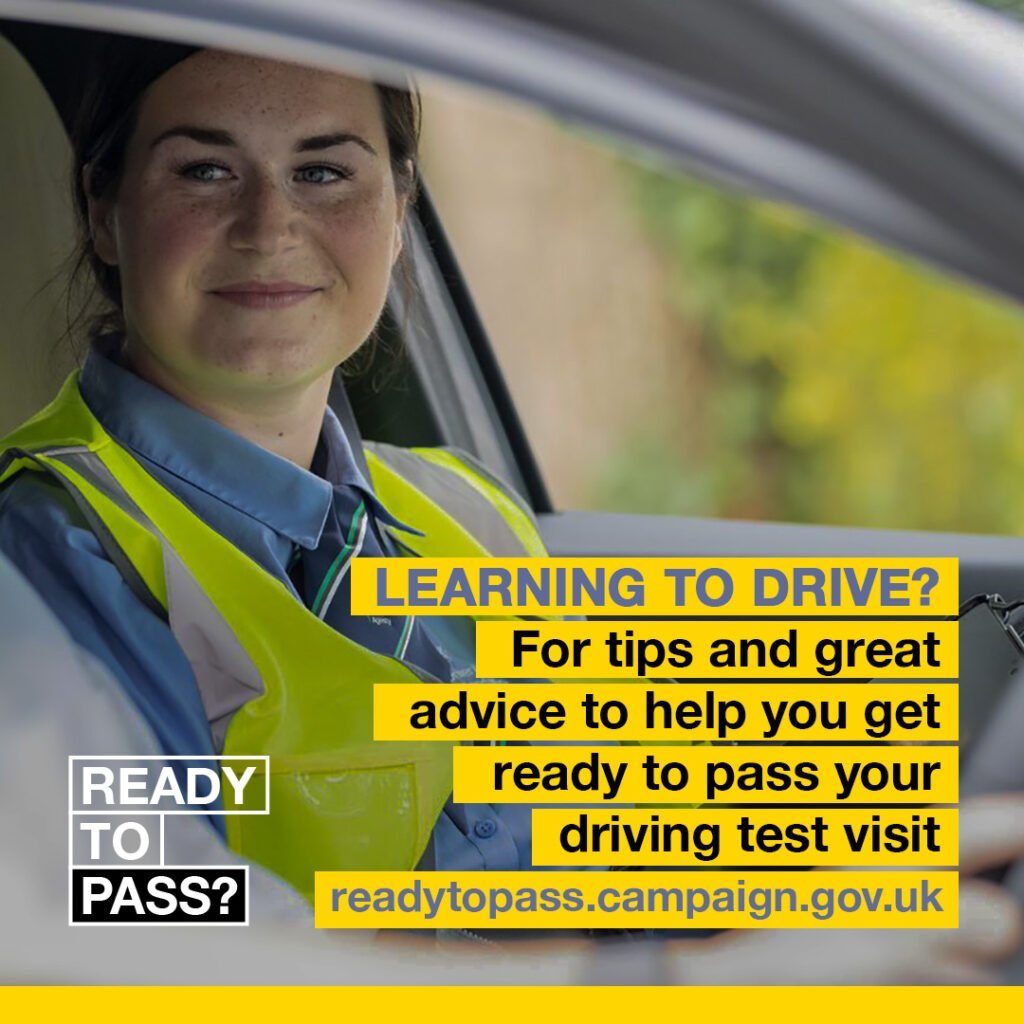Managing driving test nerves

Why it’s important to practise ways of managing your nerves
- drive in an unfamiliar city on your own
- have to deal with a really complex roundabout
- drive on country roads at night
1 in 10
Basic tips to help manage your nerves
Talk to your driving instructor about the ways you might be able to manage your nerves. They’re used to teaching people who are nervous about taking the driving test.
Here are some other basic tips that can help.
1. Plan ahead

2. Get a good night’s sleep

3. Avoid caffeine

4. Be positive
Focus on passing your test rather than worrying about failing it. Stay in the moment and concentrate, avoid thinking back to what has just happened

Mindfulness

Mindfulness might be one way of helping you to manage your nerves.So what is it? Mindfulness involves paying attention to what is going on inside you and around you, moment by moment.
Studies show that mindfulness can help with stress and anxiety.
Many people find mindfulness helpful, but it’s not right for everyone. Some people find that it does not help them.
San Harper, driving instructor and mindfulness trained teacher

What mindfulness is

How and where to learn mindfulness

Talk to your driving instructor

Blog posts about driving test nerves and anxiety
Where’s your head at? Control your driving test nerves
Tips from driving examiners: talking can help on test day
How to beat anxiety on your driving test
How to control your driving test nerves
Check you’re ready to pass
You’ll usually be ready when
- You do not need prompts from your driving instructor.
You need to be dealing with every part of driving consistently, confidently and independently – without any prompting from your driving instructor. You’ll be getting ready for your test when you’re able to adapt to situations and see why perfecting your skills makes you safer and more fuel-efficient.
- You do not make serious or dangerous mistakes when you’re driving.
You need to be a good and safe driver to pass the driving test. If you’re making serious or dangerous mistakes during your driving lessons and brushing them off as ‘silly mistakes’, you’re not ready to pass your driving test and drive on your own.
- You can pass mock driving tests.
Taking and passing mock driving tests with your driving instructor will help you understand if you’ve reached the standard that’s needed to pass.
- You have practised ways of managing your nerves.
It’s really important to be able to manage your nerves to be a safe driver. Practise ways of managing your nerves to help you stay calm and focused when you take your test. This will help you in the vital months after you’ve passed your test, too.
- Your driving instructor agrees you’re ready.
If your driving instructor says you’re not ready to take your driving test, listen to them. Driving instructors are specially trained road safety experts. They’ve got lots of driving experience – and they know what it takes to pass the driving test. Remember, they want you to be a safe driver, keep your insurance costs low, and enjoy driving for years to come.



